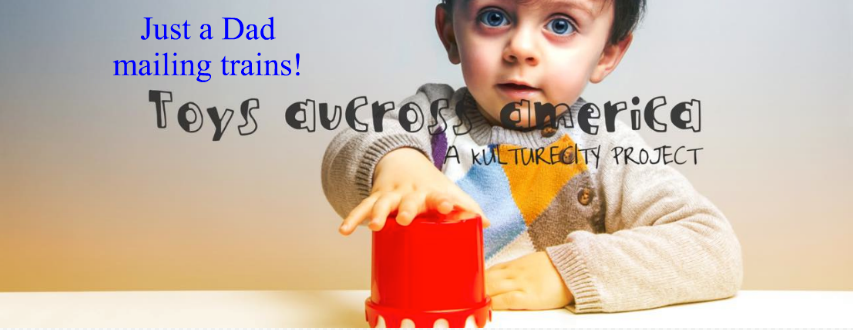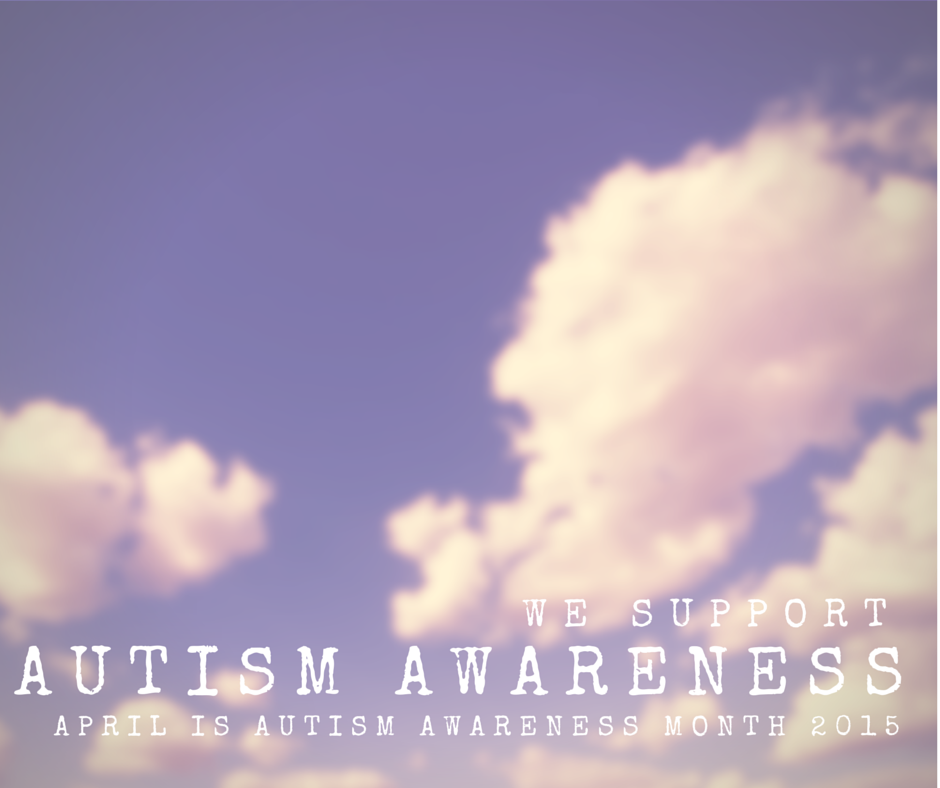
Advice for autism parents
Our friends at Round Table Companies have shared with guest blog post , by Amanda Ronan, with us.
Ronan share tips and ideas for helping parents with a child on the spectrum who live through extreme meltdowns and aggressive behaviour. You can read the original article here Personal, Solitary, Parenting Pain: The Emotional Turmoil Surrounding Extremely Aggressive and Behavior in Your Child with ASD.
Ronan writes “Please . . . please don’t wake up, Nora pleaded silently. A dog barking somewhere in the neighborhood had startled her fully awake, though she hadn’t really been sleeping; she’d been in the half-sleep state she’d been surviving on for as long as she could remember.
Yesterday had been the hardest day yet, and that was saying a lot, given what her family had been through over the past 15 years of living with her son who had an autism spectrum disorder (ASD), and extreme behavioral problems. They had been heading into lunchtime after a morning during which Ander had enjoyed all of his normal routines—the same breakfast he’d eaten every day for years, a quick shower, and a few hours of homeschool instruction. Now he was engrossed in his normal weekday TV show as she prepared to make his normal lunch. Routines were important, even crucial, to Ander—and to the peace of the household—so Nora had arranged her life in order to maintain them. Spontaneity, and doing things in the spur of the moment, were four-letter words in their home.
Ander would only eat nachos. There had to be only a small pile of chips, whole triangles with rounded corners, not pointy. The cheese had to be a Mexican blend with both white and yellow-orange shreds visible. The salsa had to be red and mild, pureed with no chunks. This was part of the obsessive-compulsive disorder that the new psychiatrist said her son had, along with ASD and attention-deficit hyperactivity disorder. But as Nora looked in the refrigerator, she cursed under her breath. They’d run out of cheese the day before and she hadn’t had time to visit the store.
“Hey buddy?” she called out. “How about I make us some pizza for lunch today? I know you love pizza and it’s pepperoni – your favorite!” She peeked around the corner into the living room.
Though Ander had headphones on, she could hear the sound. His expression was one of concentration, as though he’d found a moment of peace from his constant struggle to self-regulate, communicate, and actively participate in the world. She waved a hand at him. He didn’t respond.
She knew better than to remove the headphones for him. She’d tried that a few years ago, right after he hit puberty. That was the first time he’d hit her hard, a succession of several slaps to her head until she dropped the headphones and backed away. It was shocking and gut-wrenching. Before that he would lightly hit her—more in a way to get her to leave him alone.
Aggression itself wasn’t new; it had started a few years before kindergarten when he bit both his sister and the family dog, just days apart. Both had howled and become nervous around him after that, having lost trust for a period of time. Nora lost something, too at that time—the hope he’d be ready for school. Despite all the interventions, medical appointments, and therapies, she realized as she tended to her daughter’s wound that Ander might not successfully go off to kindergarten, play with the other kids, and maybe become a teacher’s pet. The journey ahead could be long and difficult; she could no longer deny it.
Not long after the biting, his meltdowns, which once had resembled a whining child’s tantrums, took another unexpected and dangerous turn when he started to throw things in the house and punch the walls. The sound of his knuckles against drywall made her stomach turn. She learned to go into the kitchen for some bandages and ice to apply to his hand when he had calmed down.
Then came the day of the windows. She would never forget the first time she heard the sound of glass shattering. Ander had put his head through the window; incredibly, though, he was unscathed. He turned around to face her, then curled up on the floor and rocked himself until he fell asleep. It took two more broken windows for them to hire contractors to install shatterproof glass windows.
Nora knew that the increased agitation, self-injurious behavior, and aggression stemmed from Ander’s difficulties with communication, social interaction, and self-regulation and that he never truly meant to cause harm and hurt himself or others. But there were times when, for his own safety and the safety of their daughter, Nora and her husband Peter had had to use the physical intervention techniques they’d learned from Crisis Prevention Institute (CPI): carefully wrap their arms around him, remove him from the circumstances, and attempt to defuse the situation. Physical restraint was always a last resort; no parent, Nora was sure, ever wanted to restrain his or her child. As he got bigger, though, she worried about what would happen if this “last resort” was no longer an option due to his size.
She found this out the day there was no cheese in the refrigerator.
When Ander saw that lunch was not what he’d expected, there was a sudden shift in his demeanor and affect. His eyes narrowed, his head shook from side to side, and his feet stomped the ground. A flush also began to creep up his neck.
“It’s okay, buddy,” she said. “The pizza is just for today. We’ll have nachos again tomorrow, just like we always do, ok?”
Ander opened his mouth and screamed at her, flapping his arms so that one palm smacked the glass breakfast table making it jump a bit. Nora jumped herself, backing up slightly. She couldn’t help it: she was actually feeling afraid of her own son. He had hit the table so hard…It wasn’t supposed to be this way…she thought to herself.
And then, in a sudden burst of movement, Ander jumped up, ran towards her, and tackled her. Nora fell backward, her elbow cracked against the tile floor, and the impact knocked the air from her chest. She was gulping like a hooked fish when Ander landed his first punch on her cheekbone. The next one caught her neck and the third her right ear, and her head reverberated with shrill ringing. Finally, with a gasp, she filled her lungs, but she couldn’t push free. Ander was stronger. So she cried helplessly as her baby boy howled and beat her. The once chubby hands that used to grasp at toy cars had become powerful fists that continued striking her until, mercifully, her husband opened the front door. Then it stopped as quickly as it had begun; Peter was still strong enough to pull Ander away from Nora—for now.
After the barking dog woke her, Nora wondered through her familiar exhaustion whether she really knew her own child, knew how to care for him, what he needed, or even knew how to be a good parent. She closed her eyes and willed the barking to stop. When it finally did, she exhaled, not even realizing she’d been holding her breath.
Nora strained to listen for any slight noises, any movements that might indicate that Ander’s sleep had been disturbed. Not hearing anything, she let her neck muscles relax and her head sink back into the foam pillow. The bedside clock saturated the otherwise dark room with the same deep red hue as the bruises on her body. In two hours, a new day would start. And she had no idea what it might bring.
As a parent of a child with ASD and extremely aggressive behavior, perhaps you can envision yourself in this story, which reflects actual parent interviews and other informed sources. Maybe you, like Nora, are feeling alone, lost, hopeless, and more disconnected than ever before.
If you are living constantly on the edge of your seat, “walking on eggshells”, trying to avoid another meltdown or manage the aggression, the self-injurious behavior, and the violent outbursts, you aren’t alone. With the U.S. Centers for Disease Control and Prevention reporting that one out of every 68 children is being identified with ASD—a huge increase from 2000 to 2010 alone—the emotional and physical turmoil associated with ASD and extremely aggressive behavior is becoming is becoming a more common scenario.
When you begin to fear your own child, it’s time to ask for help. Here’s what some parents and experts recommend:
* Build your team. Seek the assistance of a therapist with expertise in autism spectrum disorder and behavioral approaches. This person can help you assess your environment, identify triggers for behavioral problems, help with structure and routine, and provide strategies at home to prevent meltdowns and aggressive behavior. Speech therapists, occupational therapists, special education teachers, and autism in-home providers can also provide you with strategies to teach communication, social, and self-regulation skills. Respite providers and support groups can also offer provide a great deal of support for you and your family.
* If what you’re doing isn’t working, then try something different. Maybe it’s time to consider medication. Psychotropic medication does not “cure” ASD but it is often helpful for extreme emotion and behavior problems. While many parents feel fear or hesitation about using medication with their child, the right form of psychopharmacological intervention may be helpful for symptom relief and also allows therapeutic approaches to be more successful, ultimately, so that medication is not necessary in the future. Also, if your child’s therapist is not providing you with ideas and strategies to try at home to minimize the behavioral outbursts – and it seems like they are just doing a lot of “talk therapy” with your child – then it might be time to seek a second opinion. Most insurance companies will cover this type of service. If your child is in special education, and you believe that there is not a “good fit” between his needs and the services provided through the IEP – remember: you have the right as a parent to meet with the IEP team to discuss your concerns and potential changes to the plan.
* If it’s an emergency at home – then act like it – call the police or a crisis response team. Contact the Department of Human Services (DHS) in your county or jurisdiction and inquire about emergency crisis services. This is a good proactive step. The police should always be contacted if necessary but remember their primary responsibility is to ensure safety – and they are not usually very familiar or trained in how to effectively work with children with special needs. Always take necessary action to keep yourself and your family safe.
* If you’ve truly exhausted your emotional resources–then consider out-of-home care. Community-based homes and therapeutic residential treatment programs are available through county and school district funding and provide access to therapeutic care that is consistent with the individual needs of your child. They can be short-term or more long term options. Contact your local DHS or do a websearch on programs in your area – and then start making phone calls to learn more.
Parents: Remember, you don’t have to feel afraid and isolated in your own home. If you are in a very difficult situation with your child with ASD and extreme aggression, remember that you have not failed. You’ve done your best with what you’ve been given – and it’s time for more help. You are a loving, concerned parent who is trying to manage a situation that has become unmanageable. Having an awareness that you need help – and it’s okay – is one of the first steps necessary in doing what’s best for you, your family, and your child.”
Amanda Ronan is a writer, an editor, an educator and a dreamer. She has her Master’s in Education and was a teacher of elementary and middle-school aged children for nearly ten years. While engaged with her work in the classroom, Amanda rediscovered her first love — writing.




